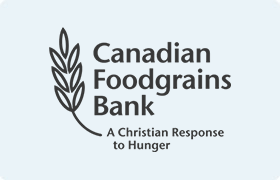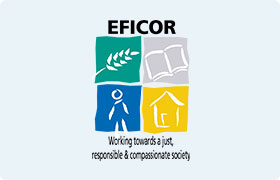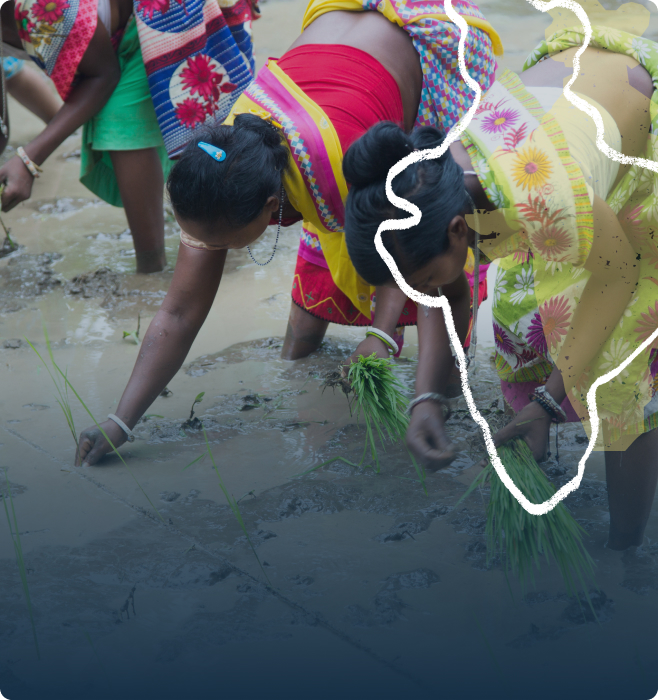
Overview
Located on isolated, rugged terrain, the tribes that live in the Pakur district in Eastern India suffer from extreme poverty. They lack basic facilities like clean water, health care, and education.
Food security is a major problem, as agricultural production is low and seasonal. Monsoon rains batter the region four months a year, washing away much of the fertile soil off the slopes, and this is often followed by eight months of drought with little water.
The second wave of COVID-19 in India has pushed the country further into poverty, causing mass economic and social disruption while increasing the risk for the most vulnerable.
Quick Facts
Our Projects
Working with our local church partner, Tearfund is helping to train farmers in agriculture techniques with a focus on water management and preventing soil erosion. The project will focus on the most vulnerable in the community, including households with children under six and pregnant women.
Through the local church, we are responding to the immediate needs of those impacted in the Covid-19 crisis by providing employment and access to basic necessities.
Food security in Pakur
-
Problem
-
Challenges
-
Activities
-
Details
-
Outcome
Problem
Low agricultural productivity and limited economic access has led to severe hunger among the Pakur tribes in Eastern India.
Challenges
The remote, difficult terrain prevents access to basic needs like potable water, healthcare, and quality education. Improper functioning of government welfare schemes and programs also contribute to food insecurity. The hilly landscape is difficult to farm. The tribes are marginalized by neighbouring communities, magnifying the isolation.
Activities
This project will train families in a number of topics to improve crop yield, including water scarcity and resource management to limit soil erosion. Farmers will learn conservation agriculture techniques, improved livestock practices, and water storage management. Families will also learn about nutrition, especially for children.
Details
- Location: Pakur District, Jharkhand
- Timeframe: September 2018 – November 2021
- Funding needed: $347,134
Outcome
650 households (approximately 3,000 individuals) will have more reliable access to food year-round through improved crop output.
COVID-19 Response
-
Problem
-
Challenges
-
Activities
-
Details
-
Outcome
Problem
The second wave of Covid-19 in India has caused mass economic and social disruption, impacting the most vulnerable.
Challenges
The most vulnerable in India, including wage labourers, people with disabilities, widows, and female-led households, are at risk of falling into extreme poverty, while the number of undernourished people is increasing. Migrant workers have been forced to flee to their hometowns with no savings.
Activities
Through the local church, Tearfund is providing emergency relief to those most in need. Unconditional cash transfers will be given to the most vulnerable, allowing them to purchase what is most necessary for their families in a quick and cost effective manner. Additionally, cash for work programs will provide 20 days of employment for migrant workers who are unable to find any work.
Details
- Location: Delhi, Bihar, Jharkhand, Uttar Pradesh, Madhya Pradesh, Odisha
- Timeframe: June 2021 – December 2021
- Funding needed: $600,000
Outcome
This project will provide 6,000 families with food for at least 21 days and with access to employment for 20 days, allowing them to meet their basic needs.
Stories of Transformation
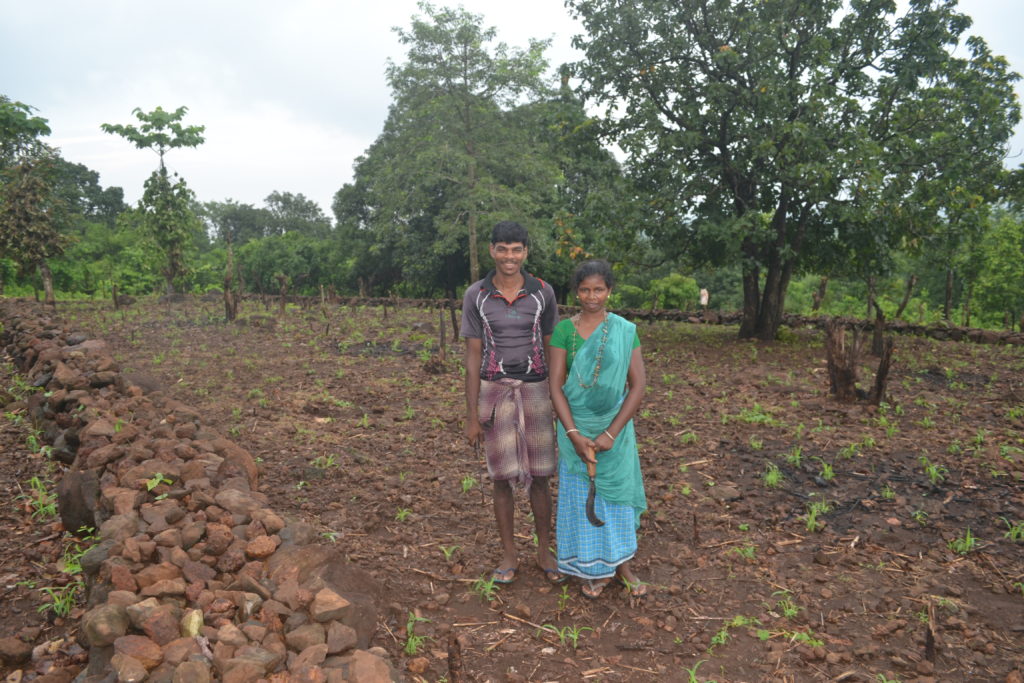
Stones are valuable too
In the hilly region of Pakur, the heavy rain would wash Jabra’s soil down the steep hills and right into the river! Moreover, he would regularly stub his toe on the many rocks that littered his field. Little did he know those stones would turn out to be the answer he was searching for!
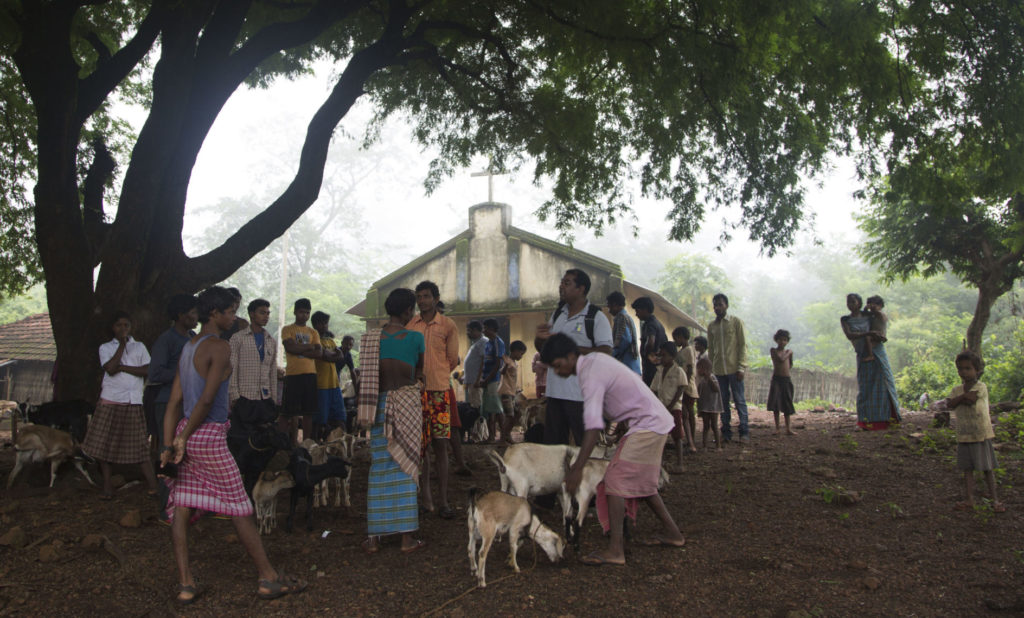
The livestock veterinarian
Somesh always had a passion for animals and when one of his livestock would get sick, he would immediately send for the veterinarian. The problem was that the closest one was days away and the animal would often die in the meantime. With the help of Tearfund and the local church, he took matters into his own hands and became trained himself.
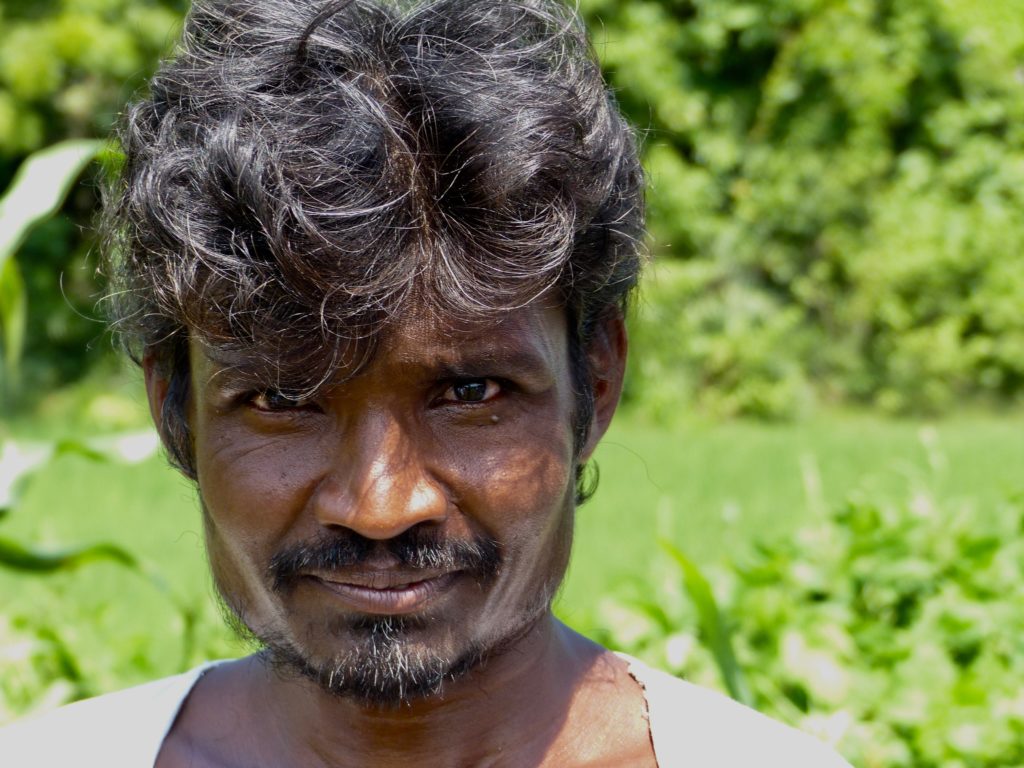
The miraculous turnaround
In 2017 the expected rains never came. In 2018 the village was hit by two typoons. The villagers thought they were cursed as they struggled to survive. But through the local church, hope came to Kristna and his village.

